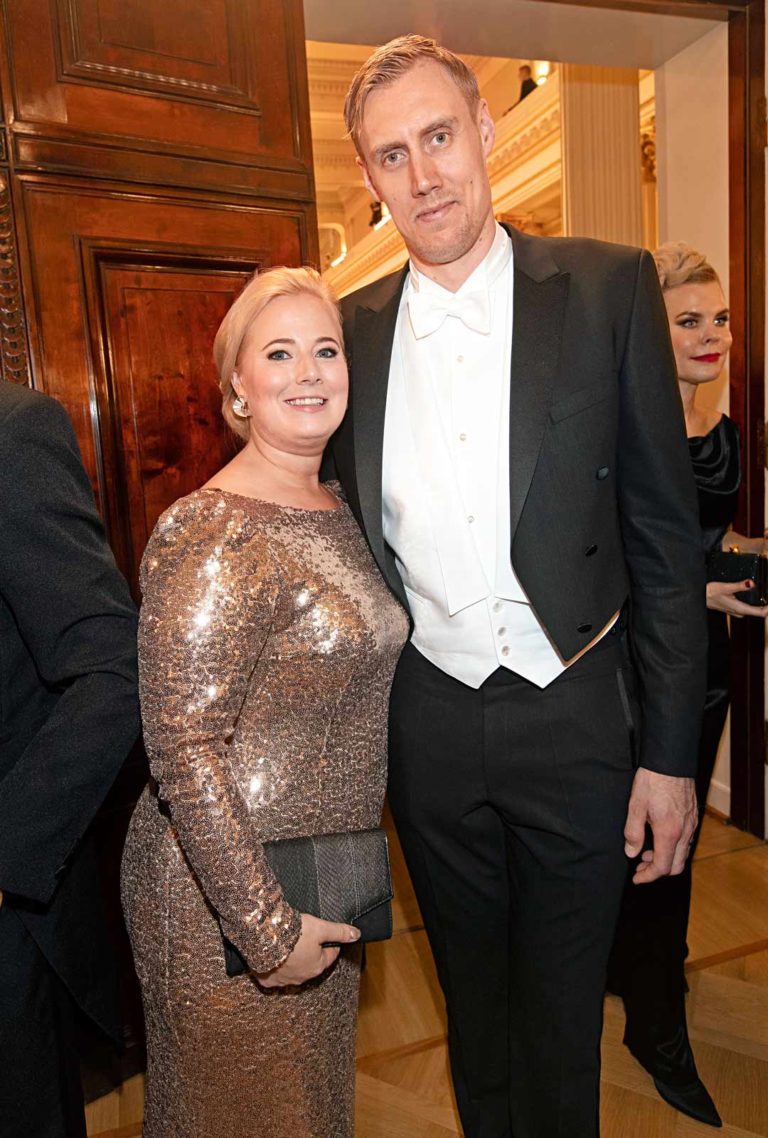


( of unknown origin) ODu bezich, OE bisig ( "careful, anxious," later "continually employed or occupied, busy"), E busy ( the spelling shifted to -u- in 15c.in plural "business"), In afer, Es Id afero, Ie Nl afere, Ia affaire, Rç afaro ( "affair, business") PIE *dhe- ( "to put, place do, make"): L facere ( "to do, make"): OF afaire ( from the phrase à faire "to do"), I affare, C afer, F affaire, E affair ( "an event a love affair " in origin "what one has to do " esp."that which is added to a verb"): G Sw E adverb, F adverbe, S adverbio, I avverbio, C adverbi "that which is spoken" "verb"): epirrhema ( "adverb") L verbum ( "word verb"): LaL adverbium ( lit. PIE *were- ( "to speak, say"): Gk rhema ( "word," lit."added on"), Gk epitheton ( "something added," adjective often used as noun), L epitheton, MF épithète, E epithet PIE *dhe- ( "to put, place do, make"): Gk tithenai ( "to put"), Gk epithetos ( "attributed, added," lit."that which is added"): S adjetivo, I aggettivo, F adjectif, C adjectiu, G Sw adjektiv, E adjective

#Pikka rinna buys home plus
PIE *do- ( "to give"): L dare ( "to give, grant, offer"): Ig date ( "to give " also "make," as causative): Ig date … plus re ( "to add," lit.P juntar, F ajouter, I aggiungere ( "to add") In ad-yunktar, Ie Rç adjunter, Nl adjunkte, Lf ajunta, Ur ajuto ( "to add").Sw tillfoga, Da tilføje, Du bijvoegen, G hinzufügen ( "to add").PIE *dhe- ( "to put, place do, make"): L -dere ( "to put"): L addere ( "to add to, join, attach, place upon"): E add E addition F additioner, Es adicii, Id adicionar, Ie addir, Nl Gl adi, Ia adder, Ia additionar, Rç aditioner ( "to add").Sw Da handling, G handlung, Du handeling ( "action").PIE *ag- ( "to drive, draw out or forth, move"): Gk agein ( "to lead, guide, drive, carry off") Sk ajati ( "drives") ON aka ( "to drive") L agere ( "to do, set in motion, drive, urge, chase, stir up"), L actus/us ( "a doing, a driving, impulse a part in a play, act"), L actum/acta ( "a thing done"): I atto, P ato, S acto, F C acte, E act L actio/-nes ( "a putting in motion a performing, doing"): I azione, OF accion, S acción, P acção, C acció, F E action ( "process of doing something thing done lawsuit") LaL actualis ( "active, pertaining to action"): S P C actual, F actuel, I attuale ( "now existing, present") E actual ( "existing in fact, real") E actually ( "in fact, really, in truth") L activus: S activo, I attivo, P ativo, F actif, C actiu, E active MedL activitas/ates ( in Scholastic philosophy): C activitat, S actividad, I attività, F activité, E activity Es Id aktiva, Id agiva, Id Nl aktiv, Ie activ, Ia active, Rç activa, Ur aktivi, Lf ativa ( "active") Es aktiveco, In aktivitet, Id agiveso, Id Nl aktiveso, Ie activitá, Ia activitate, Ur aktivid, Lf ativia ( "activity") If activo, Gl aktivi ( "active activity") Rç acto ( "act, action, activity").verb, Val Valencian Catalan, VL Vulgar Latin, Wel Welsh, WGmc West Germanic present participle, Pru Prussian, R Russian, Rç Romániço, Ro Romanian, S Spanish, Sa Sardinian, Sk Sanskrit, Slo Slovak, Sr Serbian, Sum Sumerian, Sw Swedish, Toc Tocarian, tr. Old., Oc Occitan, ON Old Norse, Osc Oscan, OSla Old Slavonic, P Portuguese, Pers Persian, PGmc Proto-Germanic, Phoe Phoenician, PIE Proto-Indoeuropean, Po Polish, pp. Middle…, MedL Medieval Latin, ModGk Modern Greek, ModL Modern Latin, n. intransitive, Ir Irish, L Latin, LaL Late Latin, Lat Latvian, Let Lettish, Lf Lingua Franca Nova, Lit Lithuanian, lit. genitive, Gk Greek, Gl Glosa, Gmc Germanic Got Gothic, Heb Hebrew, Hit Hittite, I Italian, Ia Interlingua, Ic Icelandic, Id Ido, Ie Interlingue, Ig Interglossa, In Idiom Neutral, intr.

especially, Est Estonian, F French, Fin Finnish, Fle Flemish, Fra Frankish, G German, Gae Gaelic, Gau Gaulish, gen. demonstrative, Dia Dialectal, Du Dutch, E English, Es Esperanto, esp. conjunction, Cro Croatian, Da Danish, dem. adverb, AF Anglo-French, Alb Albanian, AmE American English, Arab Arabic, Arc Arcadian, Arme Armenian, Ave Avestan, Bal Balearic Catalan, BrE British English, Bre Breton, C Catalan, c. A Concise English-Interlingua Dictionary.Britannica World Language Dictionary Part II – English to Other Languages (French, German, Italian, Spanish, Swedish, Yiddish).Dictionary of Romaniczo ( a former version including translations to English, French, Spanish, Italian, Portuguese, German, Danish, Dutch, Swedish, Esperanto, Ido, and Gode’s Interlingua).Etymonline (whose main sources: Weekley Klein Barnhart Holthausen Kipfer & Champman The Oxford English Dictionary).Some points may look a bit messy this work is expected to get tidier as it grows. ETYMOLOGICAL DICTIONARY OF SEVERAL NATURAL AND ARTIFICIAL LANGUAGES.


 0 kommentar(er)
0 kommentar(er)
